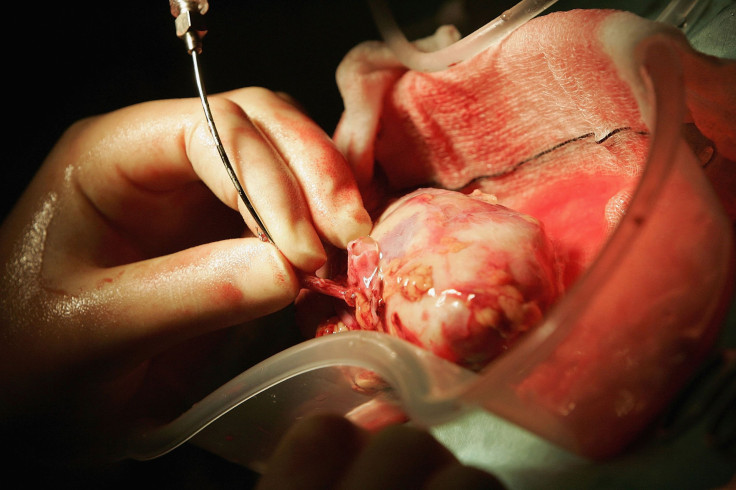Breakthrough Bio-Artificial Kidney Under Development
KEY POINTS
- >750.000 Americans diagnosed with End-stage renal disease every year
- >100,000 ESRD patients are on the transplant list but only about 21,000 available donor organs
- New bio-artificial kidney currently under development could be the solution
End-stage renal disease, a.k.a. ESRD, affects about 750.000 Americans every year, particularly the country’s minority and low-income groups. While over 100,000 ESRD patients are on the transplant list, only about 21,000 donor organs have been available. The remaining patients suffering from this condition rely upon dialysis. However, thanks to the new implantable bioartificial kidney of 'The Kidney Project,' which is said to eliminate the need for dialysis soon.
UC San Francisco scientists announced at the American Society of Nephrology Kidney Week in Nov. 2019 that they were able to implant a kidney prototype bioreactor with functional human kidney cells into pig models without any adverse events. They believe that it is a key milestone in the development of the technology, which is not only going to eliminate the need for dialysis but also handle the need to face the long wait time for transplantations.
“This is the first demonstration that kidney cells can be implanted successfully in a large animal without immunosuppression and remains healthy enough to perform their function. This is a key milestone for us. Based on these results, we can now focus on scaling up the bioreactor and combining it with the blood filtration component of the artificial kidney,” The Mind Unleashed quoted The Kidney Project’s co-lead Shuvo Roy of the UCSF Schools of Pharmacy and Medicine.
The implant that is, currently, under development contains a blood filtration system called the hemofilter that is responsible for eliminating toxins from the blood when passed via silicon membranes. The device comprises a bioreactor that contains cultured human kidney cells which can act like an actual human kidney.
The device’s hemofiltration system is, at present, awaiting FDA approval to run a clinical trial to evaluate its safety.
The lead expert of the project opined that advancing a complex cell therapy like this in the clinical scenario will not be a trivial task. It might need substantial investments in cell production and characterization in controlled GMP facilities in order to avoid any contamination. The team is confident about their progress even though they still have a long way to go.

© Copyright IBTimes 2025. All rights reserved.






















